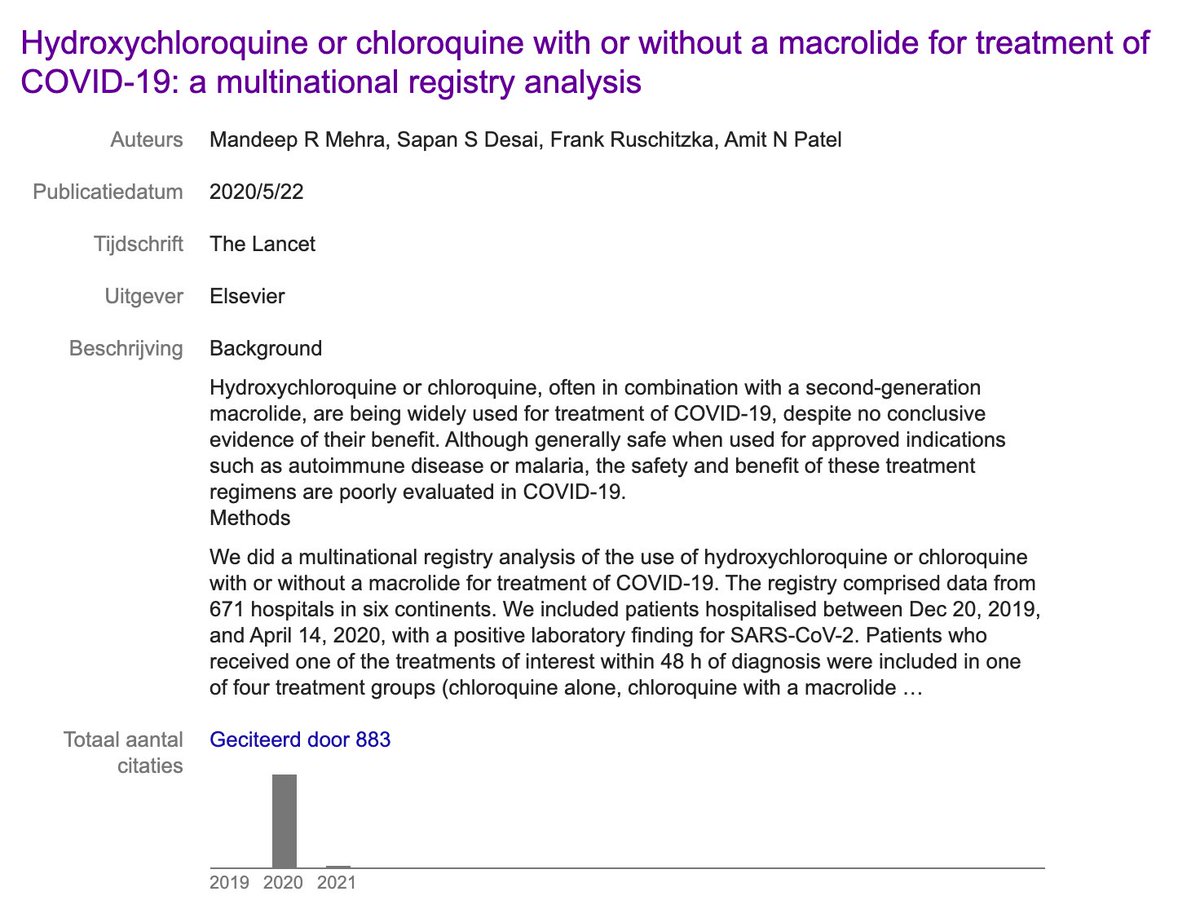
Statistical things to worry about *less*
1) significance of univariable associations
2) significant model goodness-of-fit tests
3) imbalance in randomized trials
4) non-normality of observations
5) multicollinearity
1) significance of univariable associations
2) significant model goodness-of-fit tests
3) imbalance in randomized trials
4) non-normality of observations
5) multicollinearity
1) As a precursor to multivariable analyses, the associations between each individual covariate and outcome are often "screened" for significance. Often does more harm than good, so don't bother doing or worry about it onlinelibrary.wiley.com/doi/full/10.11…
2) Every model is a simplification of reality: perfect model fit isn't a real thing. The question is not *if* but *how much* imperfection.
E.g. by evaluation of a hierarchy of calibration, one doesn't have to worry about significant Hosmer-Lemeshow tests sciencedirect.com/science/articl…
E.g. by evaluation of a hierarchy of calibration, one doesn't have to worry about significant Hosmer-Lemeshow tests sciencedirect.com/science/articl…
3) Randomization might be the closest thing to magic. Thanks to randomization (and inferential statistics), we don't have to worry about random imbalances in baseline characteristics. Hooray!
statsepi.substack.com/p/out-of-balan…
statsepi.substack.com/p/out-of-balan…
4) Normality is a rare shape for data. Fortunately, we don't need data to be shaped liked that for most of our analyses. No worries about skewed distributions, if anything, modeling assumptions are usually about shape of residuals rather than observations psychometroscar.com/2018/07/11/nor…
5) Multicollinearity might be the most overrated problem in statistics. While it can cause imprecision in regression coefficients of co-linear variables (shows clearly in results), remaining coefficients and model predictions are typically unaffected: arxiv.org/abs/2101.01603
Now that we have 5 statistical things to worry about less, maybe we can worry a bit more about formulating researchable questions, what we measured, what and who we didn't measure (missing data), sample sizes, unnecessary dichotomizations, overfitting, etcetera
• • •
Missing some Tweet in this thread? You can try to
force a refresh







